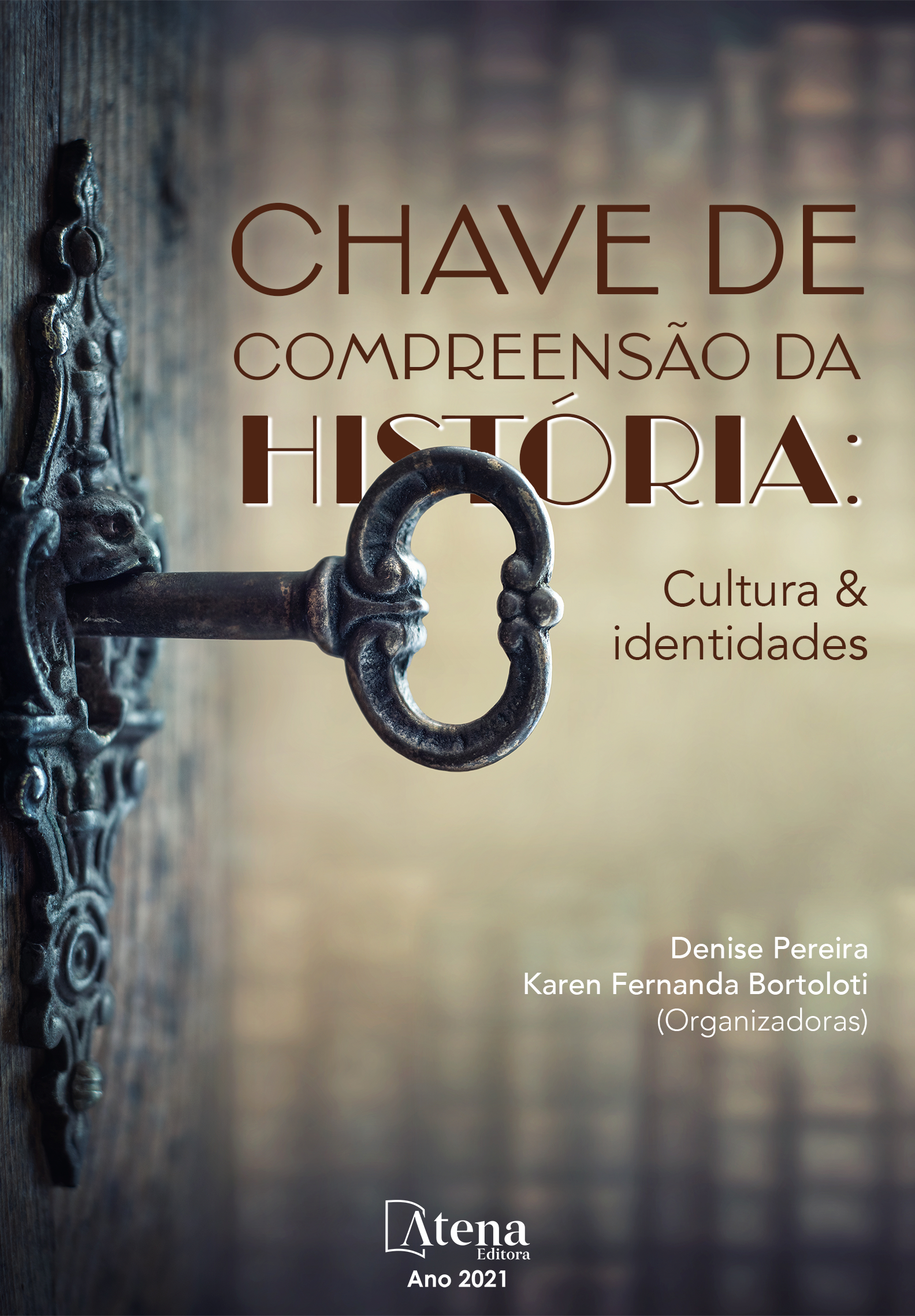
A ATUAÇÃO DOS EGRESSOS DA ESCOLA DO RECIFE NO PIAUÍ NO FINAL DO SÉCULO XIX E INÍCIO DO SÉCULO XX
Este trabalho analisa a atuação dos bacharéis formados na Faculdade de Direito do Recife durante a existência do movimento nomeado Escola do Recife, considerando suas relações intelectuais, sociais e políticas no Piauí, e a construção de suas carreiras, no final do século XIX e início do século XX. Nesse período, foi forjada e se expandiu a Escola do Recife, que estabeleceu matrizes de formação de bacharéis com impacto sobre a intelectualidade brasileira, tendo apresentado novos modelos de discussão e transformação do ensino jurídico (SALDANHA, 1985), confrontando com o predomínio existente das concepções portuguesas e francesas. Essa agitação ocorreu no período final do monopólio das Faculdades de Direito de São Paulo e de Olinda/Recife entre 1827 e 1890, que geravam o aparato político, social, administrativo e governamental nacional, diante da dependência da burocracia estatal ao bacharelismo, que significa a presença predominante de bacharéis na vida política e cultural do país (WOLKMER, 2010), fenômeno herdado dos portugueses, que passou a caracterizar o Brasil independente, com reflexos até ao período da República Velha (KOZIMA, 2007). A formação jurídica significava acessibilidade a cargos na estrutura governamental, estimulando famílias a engendrar esforços para enviar os filhos para adquirir o bacharelado em Direito nas faculdades europeias, de preferência em Coimbra (CARVALHO, 2003) e, após a independência, em Olinda/Recife e São Paulo. Estava em andamento a formação de “uma identidade intelectual e cultural que complementava as relações provenientes de uma origem ou convívio cada vez mais estreitos, intensificando os laços de amizade e parentesco que se desenvolveriam na vida profissional.” (MARTINS, 2007). Este trabalho tem como escopos principais identificar e analisar as apropriações das ideias jurídicas advindas da expansão da Escola do Recife, bem como verificar como influenciaram o ensino do Direito no Piauí e a atuação profissional dos bacharéis piauienses.
A ATUAÇÃO DOS EGRESSOS DA ESCOLA DO RECIFE NO PIAUÍ NO FINAL DO SÉCULO XIX E INÍCIO DO SÉCULO XX
-
DOI: 10.22533/at.ed.4722103124
-
Palavras-chave: História; Direito; Escola do Recife; Piauí
-
Keywords: History; Law; “Escola do Recife”; Piauí
-
Abstract:
This paper analyzes the performance of graduates from the Recife Faculty of Law during the existence of the movement named “Escola do Recife”, considering their intellectual, social and political relations in Piauí, and the construction of their careers in the late nineteenth century and early 20th century. During this period, the Recife School was forged and expanded, which established matrices for the formation of bachelors with an impact on Brazilian intellectuals, presenting new models of discussion and transformation of legal education (SALDANHA, 1985), confronting the existing predominance of Portuguese and French conceptions. This agitation occurred in the final period of the monopoly of the Law Schools of São Paulo and Olinda/Recife between 1827 and 1890, which generated the national political, social, administrative and governmental apparatus, given the dependence of the state bureaucracy on bachelorism, which means the predominant presence of bachelors in the country's political and cultural life (WOLKMER, 2010), a phenomenon inherited from the Portuguese, which came to characterize independent Brazil, with consequences until the period of the Old Republic (KOZIMA, 2007). Legal education meant accessibility to positions in the government structure, encouraging families to make efforts to send their children to acquire a Bachelor’s degree in Law in European faculties, preferably in Coimbra (CARVALHO, 2003) and, after the Independence, in Olinda/Recife and São Paulo. The formation of "an intellectual and cultural identity that complemented the relationships deriving from an increasingly close origin or coexistence, intensifying the bonds of friendship and kinship that would develop in professional life" (MARTINS, 2007) was in progress. The main scopes of this work are to identify and analyze the appropriations of legal ideas arising from the expansion of the Recife School, as well as verifying how they influenced the teaching of Law in Piauí and the professional performance of bachelors from Piauí.
-
Número de páginas: 18
- Teresinha de Jesus Mesquita Queiroz
- Eduardo Albuquerque Rodrigues Diniz


